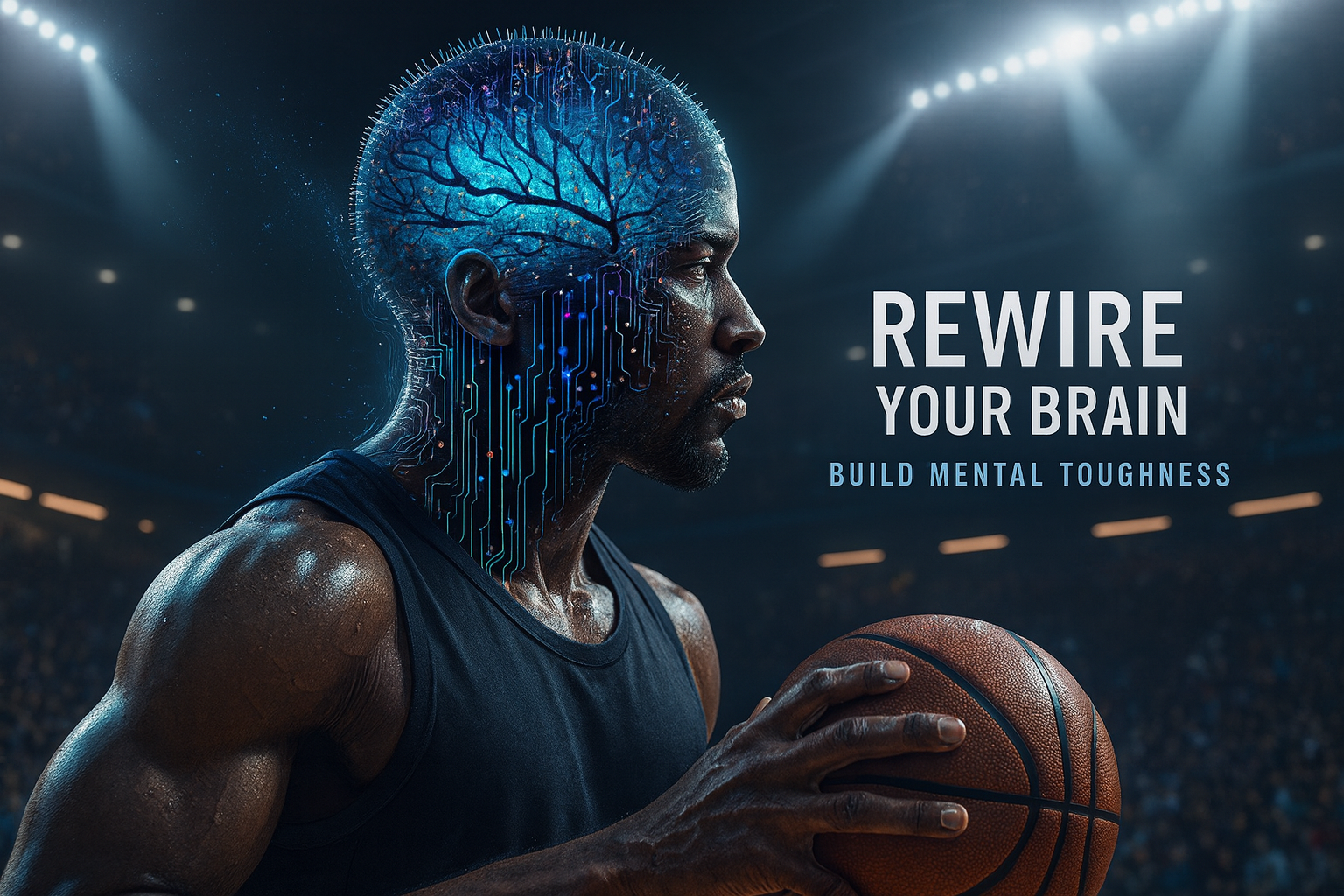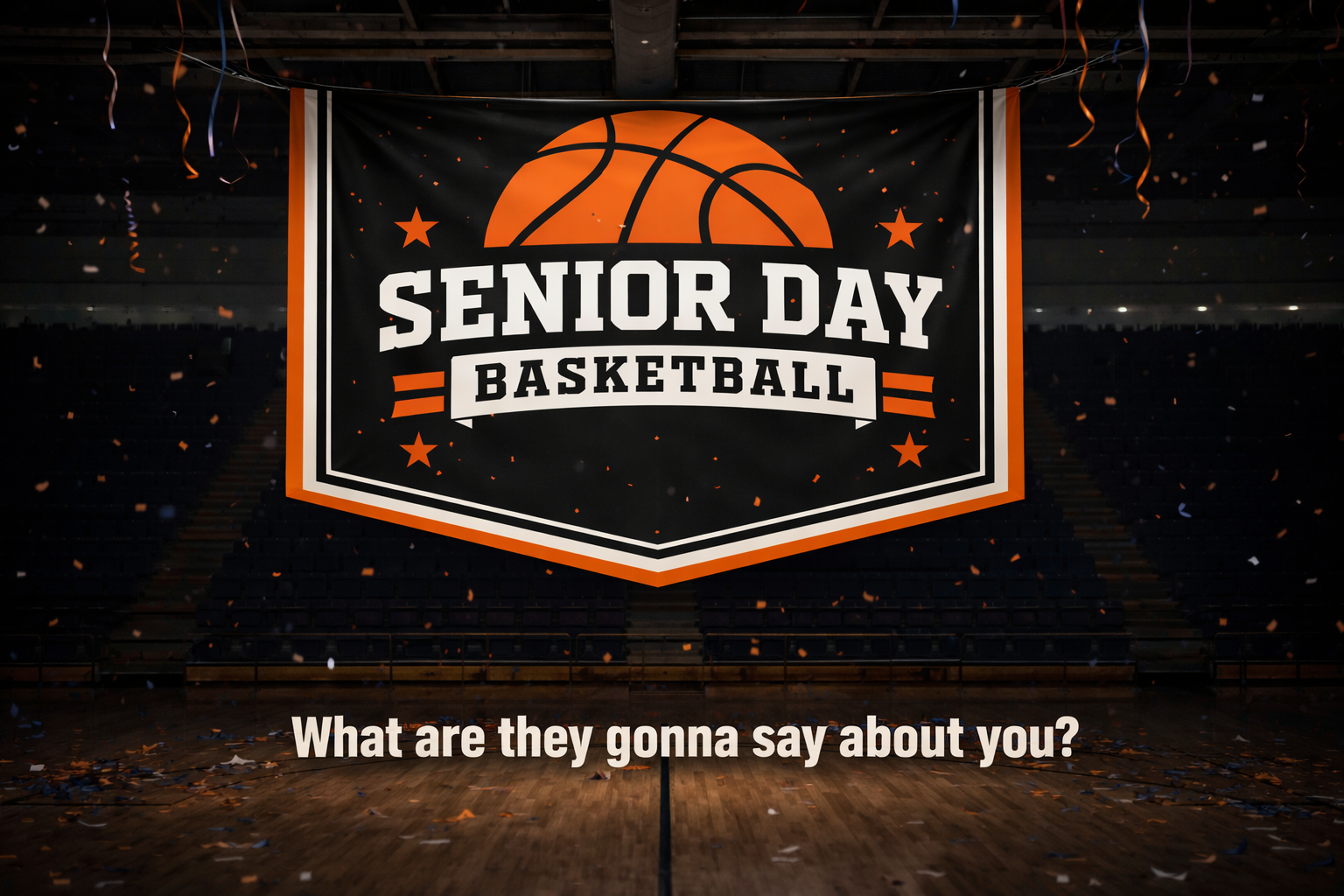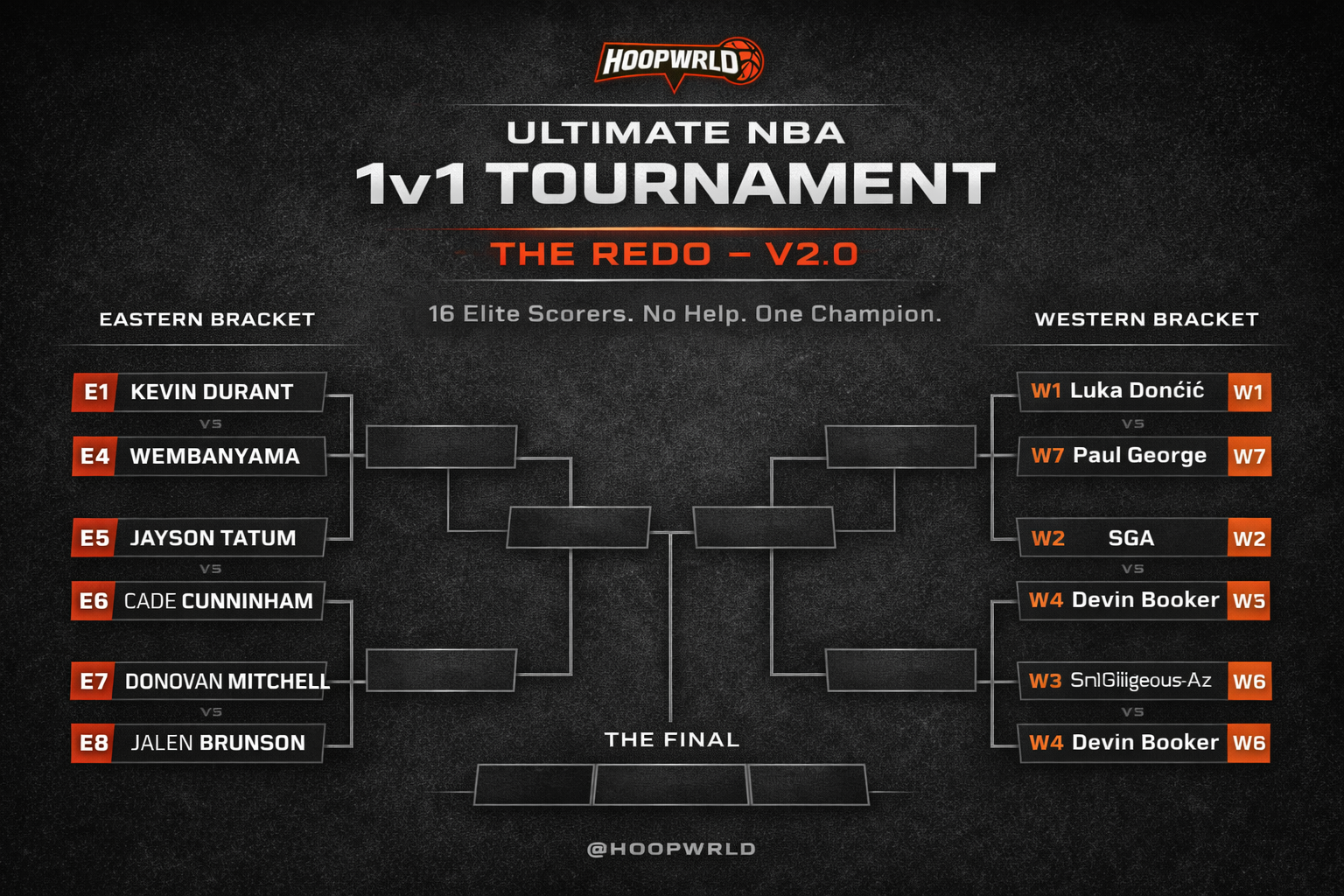Rewiring Your Mental Game – The Ultimate Performance Hack
You can have the nastiest crossover and wettest jumper, but if your mental game is broken, you’re not reaching your potential. Period.
Mental health work is mental rewiring – training your brain like muscle memory. Just like you rewire your shot through repetition, you can rewire your mental patterns to perform under pressure. This isn’t soft – it’s science.
The pros get it. Kobe had a sports psychologist. LeBron talks about therapy. DeMar DeRozan opened up about depression and became a better leader. Kevin Love wrote about his panic attacks and gained respect. Paul George talks about his therapy sessions. These legends understand that rewiring your mental game is just as crucial as perfecting your crossover.
Every Hooper Faces Mental Battles – What’s Normal vs. What’s Not
Real talk – EVERY player deals with mental challenges. It’s completely normal to:
- Feel nervous before showcases or big games
- Get butterflies when scouts are watching
- Feel pressure in clutch moments
- Get frustrated after bad games
- Stress about recruiting
Even MJ threw up before big games. Kobe battled mental demons. LeBron deals with pressure. These feelings are part of being competitive.
What’s NOT Normal: When these feelings control your life for weeks, affect your sleep, relationships, or daily functioning – that’s when you need mental rewiring.
Warning Signs Your Mental Game Needs Work
On the Court:
- Can’t focus during games
- Getting heated over small stuff – quick techs, arguing with refs
- Overthinking shots instead of playing instinctively
- Playing scared instead of aggressive
- One mistake ruins your whole game
Off the Court Red Flags:
- Not sleeping or staying up scrolling until 3 AM
- No appetite or stress-eating constantly
- Avoiding teammates, family, friends
- Grades dropping
- Gaming 4+ hours daily instead of training
- Endless phone scrolling to avoid reality
- Choosing digital isolation over real connections
- Using substances to cope
- Feeling hopeless about your future
Digital Escape Warning Signs:
- Gaming instead of basketball practice
- Using screens to avoid difficult emotions
- Getting defensive about screen time
- Feeling anxious without your phone
- Lying about gaming/social media use
When screens become your primary coping mechanism, you’re avoiding the real work of mental rewiring.
You’re Not Alone – Don’t Go It Alone
Here’s what every struggling hooper needs to hear: You are not alone, and you don’t have to handle this by yourself.
Thousands of teen hoopers are dealing with the exact same pressures, anxieties, and mental battles you’re facing. The recruiting stress, social media comparisons, family expectations, academic pressure – you’re not the only one feeling overwhelmed.
The strongest players ask for help. DeRozan didn’t handle his depression alone. Kevin Love didn’t fight panic attacks solo. They built support teams because they understood that going it alone is actually the weakest move you can make.
Champions have teams – on and off the court. Just like you need teammates to win games, you need people in your corner to win mental battles.
When to Talk to Your Circle
Parents/Guardians: When you notice warning signs lasting 2+ weeks, grades dropping, or you’re not enjoying basketball anymore.
Coach: When basketball anxiety affects performance, team dynamics stress you out, or you need someone who understands hooper pressure.
Teacher/School Counselor: When academic stress piles up with basketball pressure or you need someone neutral.
When You Need Professional Help
Call a therapist/sports psychologist immediately when:
- Having thoughts about hurting yourself
- Using drugs/alcohol to cope
- Panic attacks happening regularly
- Can’t function normally – missing school/practice
- Feeling completely hopeless
- Severe eating disruptions
- Gaming/scrolling 6+ hours daily as primary coping method
For basketball-specific mental training:
- Choking in clutch moments consistently
- Severe performance anxiety
- Can’t mentally move past injuries
- Need confidence and mental toughness techniques
How Mental Rewiring Boosts Performance
When you rewire your mental patterns, everything levels up:
Focus: Mental training rewires your prefrontal cortex. You stay locked in during games and don’t get distracted by pressure.
Confidence: Rewiring negative self-talk creates new neural pathways. Your brain automatically thinks “I’m ready” instead of “I always choke.”
Resilience: You process setbacks differently. Bad calls don’t ruin games because you’ve trained your mind to bounce back.
Consistency: No more mental ups and downs. Your performance stays steady regardless of outside drama.
Your Mental Rewiring Action Plan
Daily Mental Training:
- 7-9 hours sleep (your brain needs this to rewire)
- Regular meals (brain fuel for new neural pathways)
- 5-10 minutes meditation/breathing (literally changes brain structure)
- Journal daily – use tools like Legacy Basketball Journal to track mental patterns, not just stats

Build Your Support Squad:
- Identify 2-3 trusted adults you can talk to
- Build real friendships with teammates beyond basketball
- Never isolate yourself – isolation makes everything worse
Healthy Digital Boundaries:
- Phone-free bedroom and dinner table
- App timers for social media/gaming
- No screens 1 hour before bed
- Follow accounts that inspire growth, unfollow toxic comparison accounts
- Use technology intentionally, not as escape
Mental Rewiring Skills:
- Structured journaling to track thought patterns
- Visualization techniques for confidence
- Positive self-talk to replace negative scripts
- Gratitude practice to rewire toward positivity
The Bottom Line
Mental rewiring isn’t separate from basketball success – it IS basketball success. DeRozan averaged career-highs after addressing his mental health. Kevin Love became more consistent after tackling anxiety.
You don’t have to figure this out alone. The players cutting down nets and signing max contracts understand that champions are made through therapy sessions, honest conversations, daily journaling, and having the courage to ask for help.
Your mind is your most valuable asset. Rewire it with the same intensity you bring to your training, and watch your game reach levels you never thought possible.
Remember: You’re not alone in this fight. Don’t try to go it alone.
Crisis resources: National Suicide Prevention Lifeline: 988 | Crisis Text Line: Text HOME to 741741




